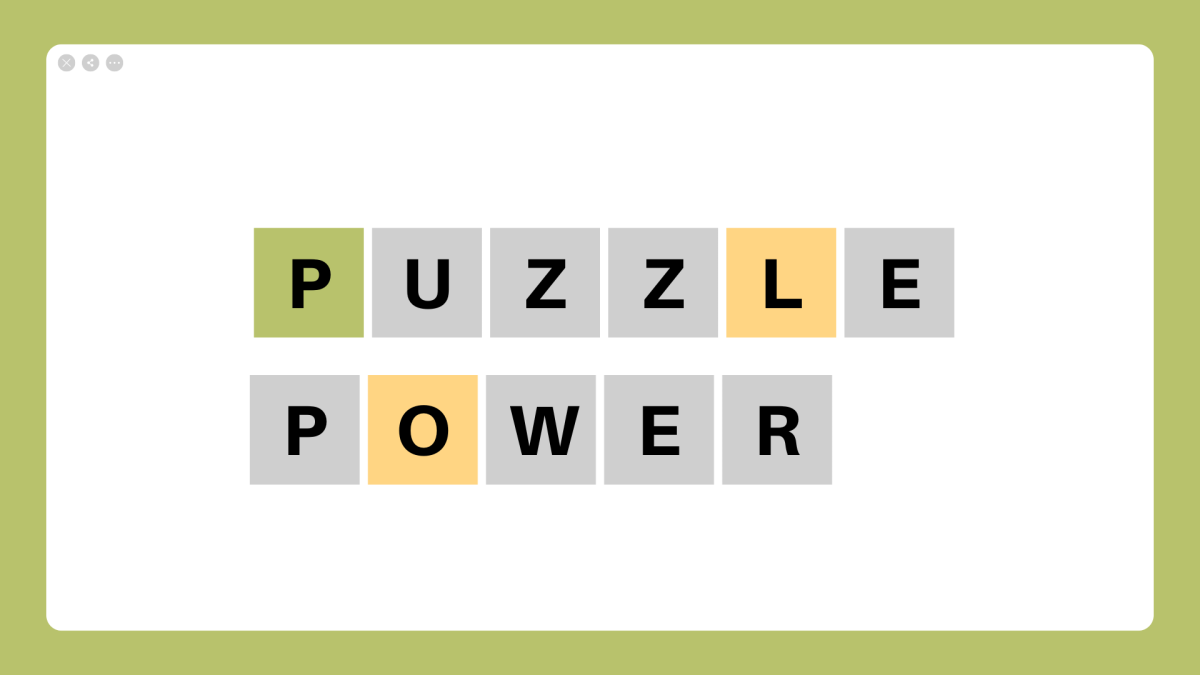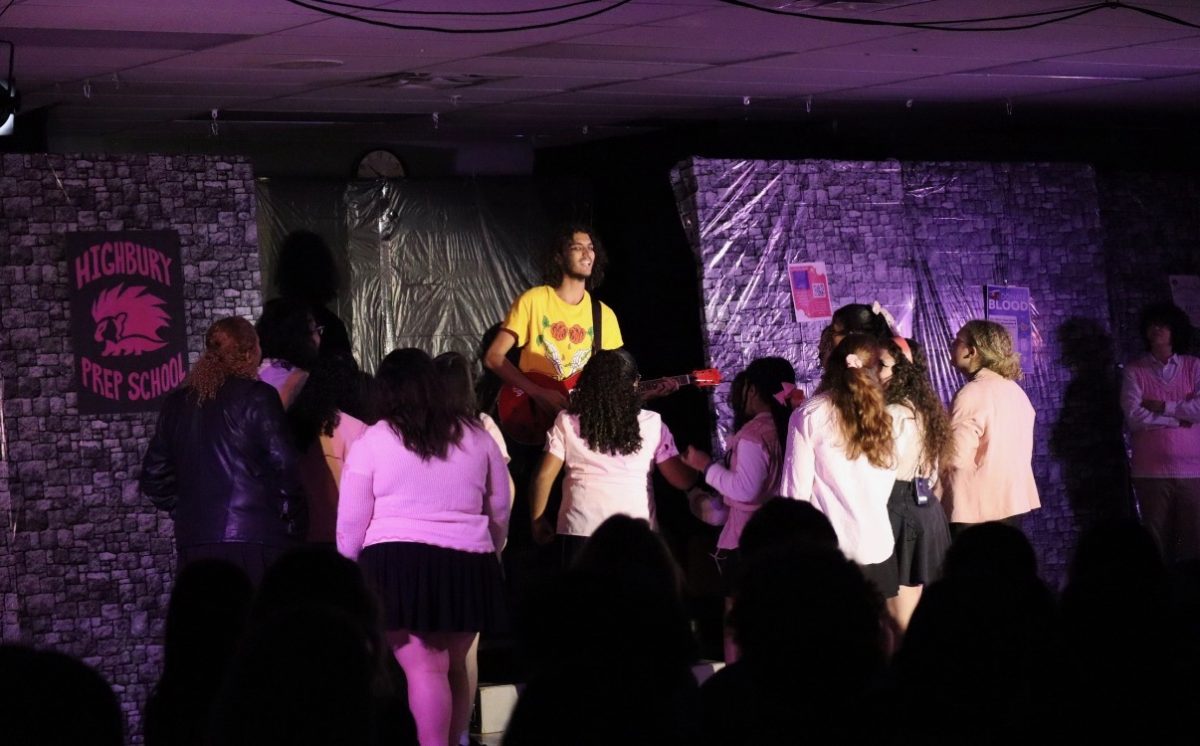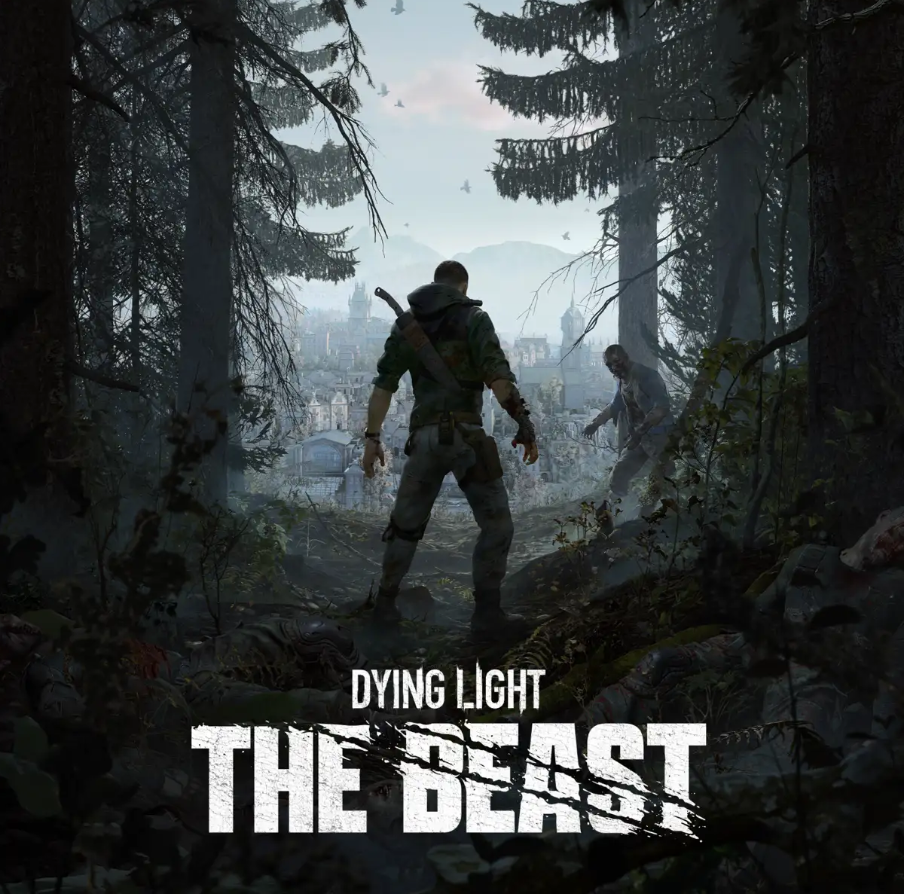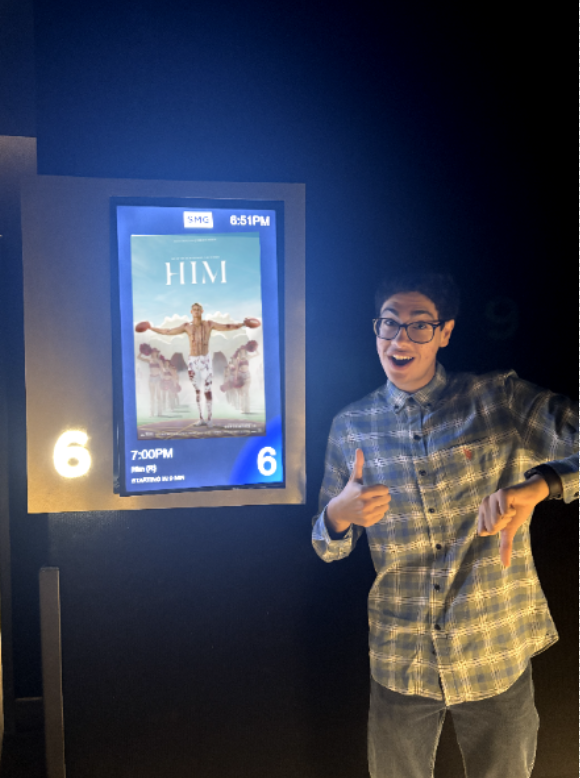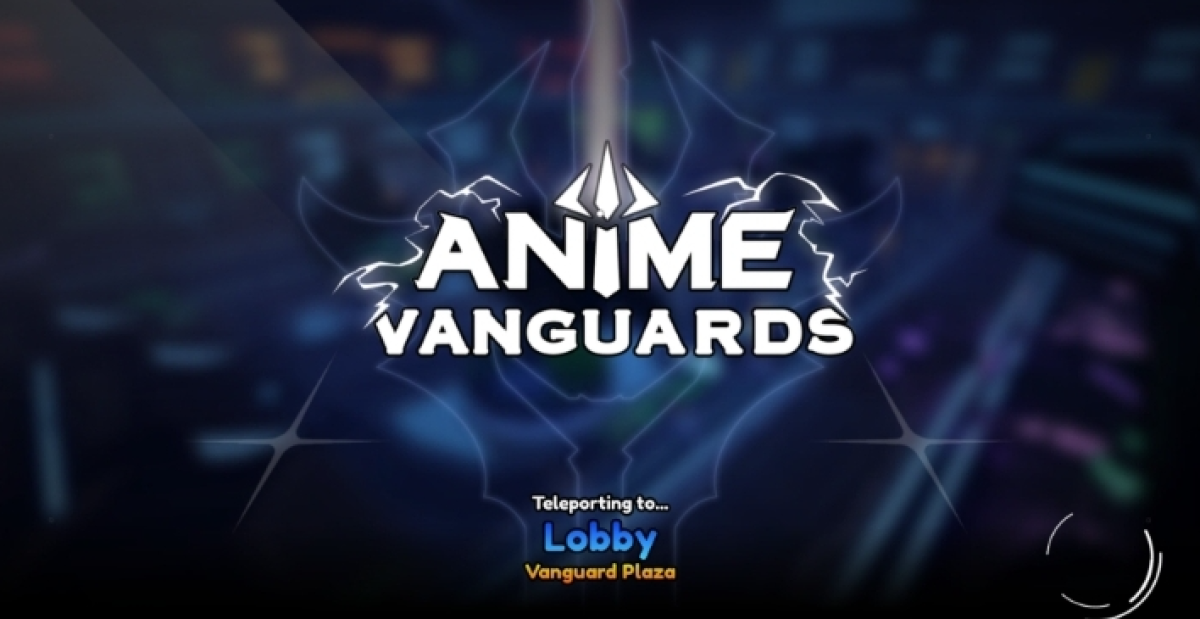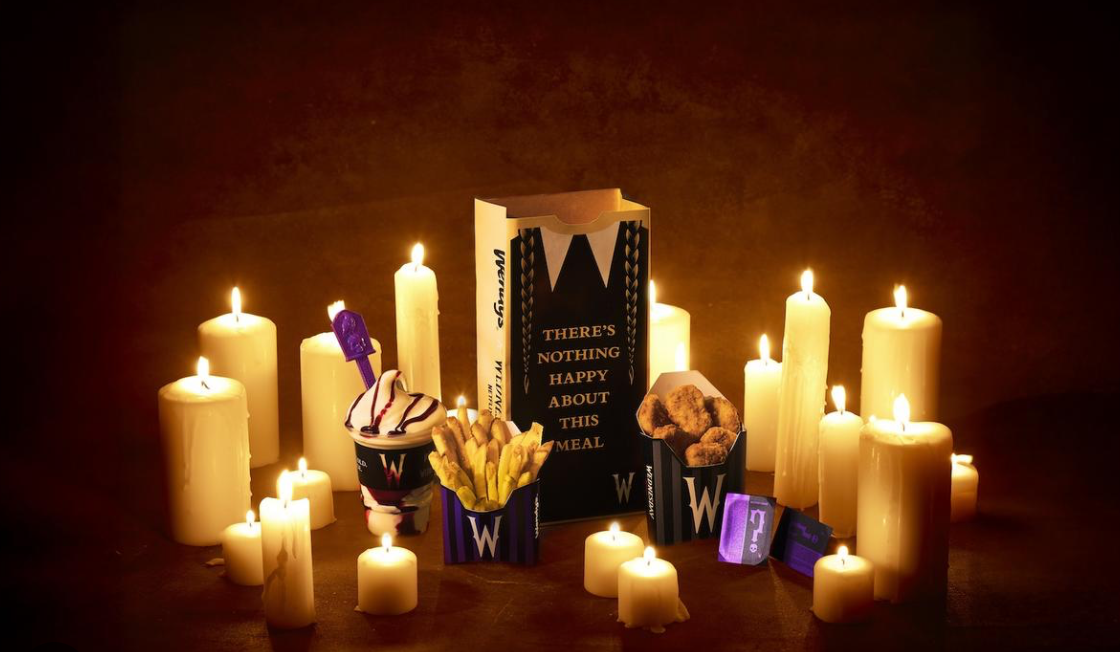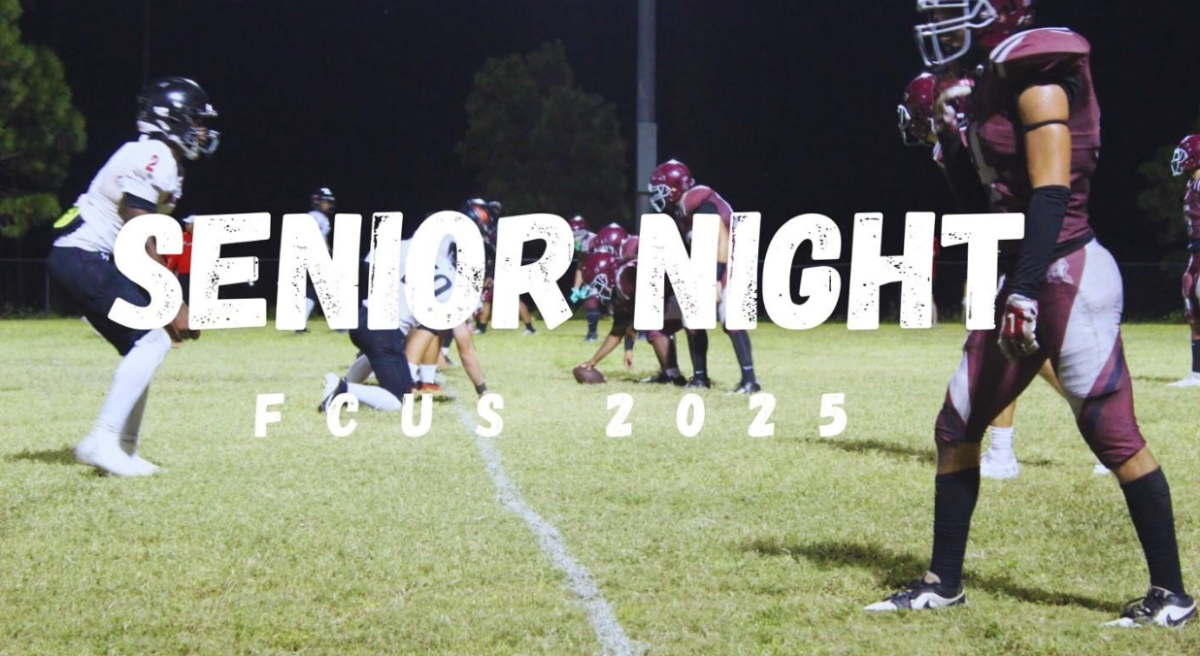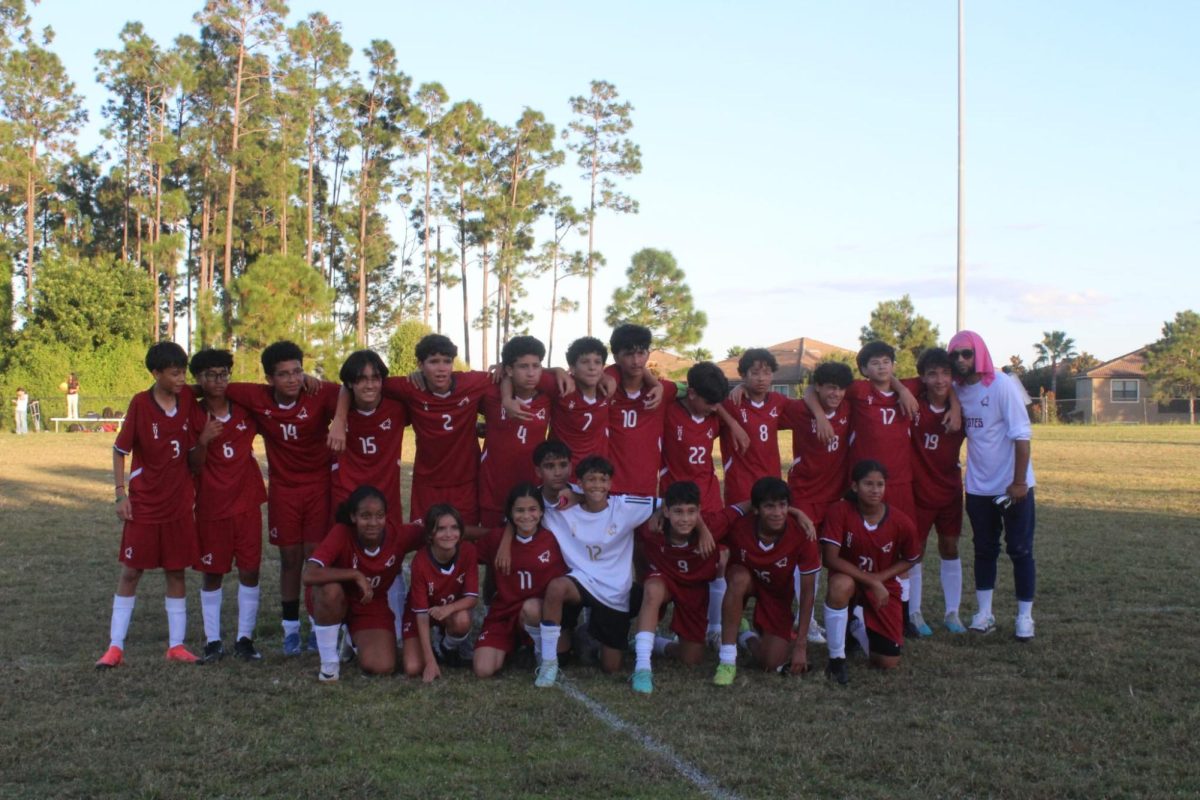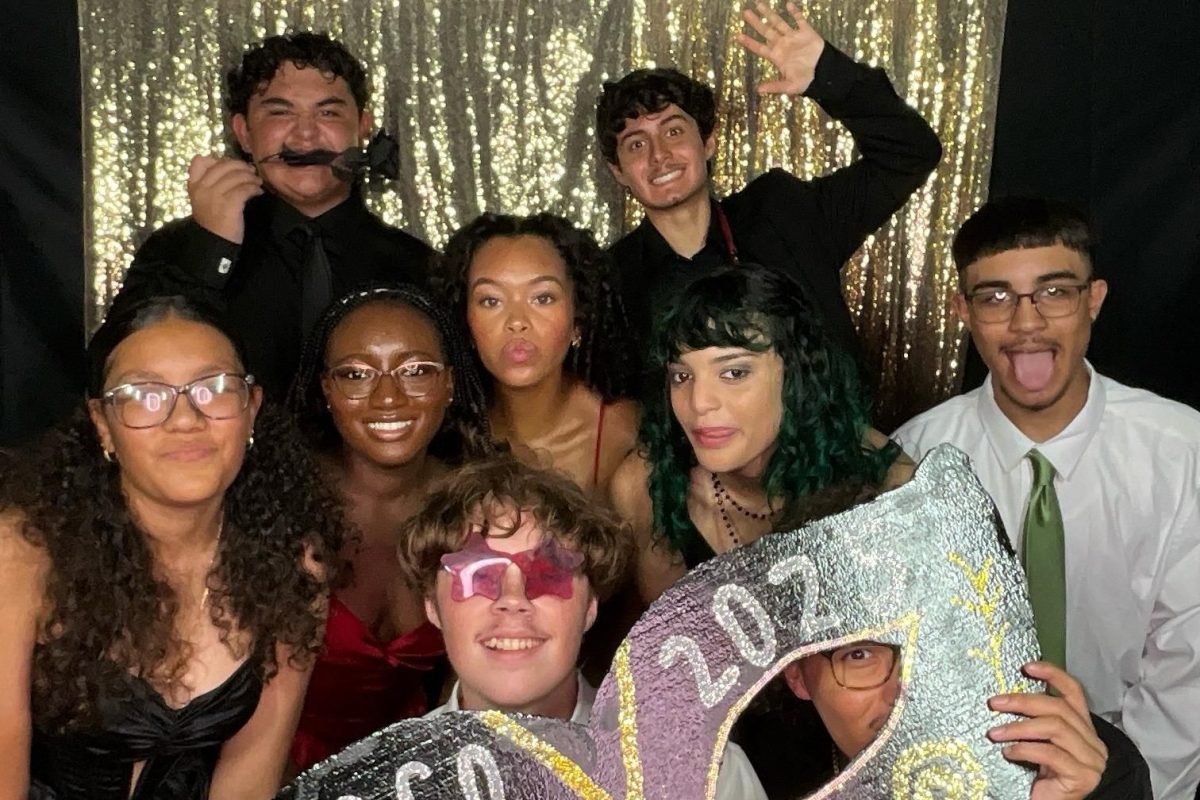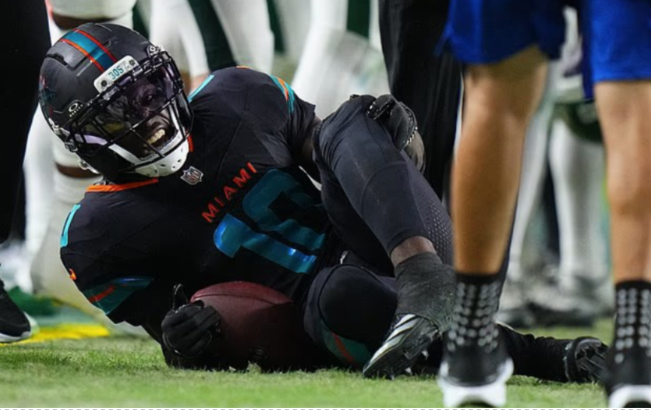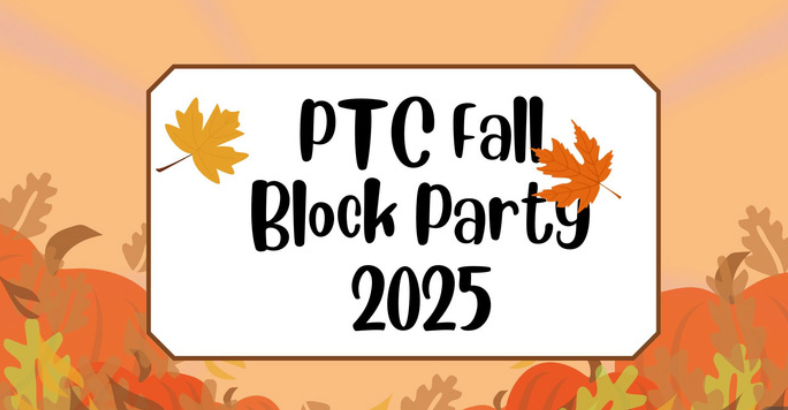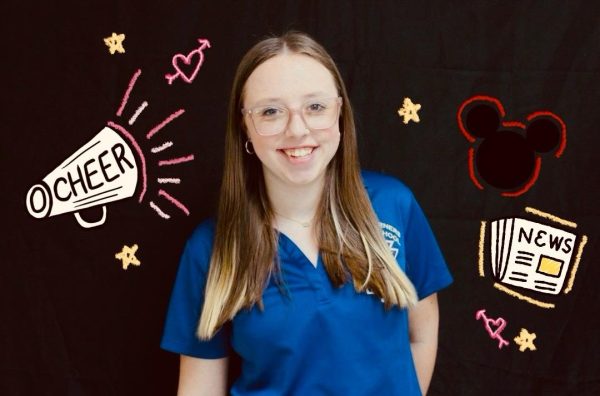At some point or another, every student has probably played a game or two at school. Whether it was during free time in class or when you were supposed to be doing homework is another matter entirely. Throughout a student’s time in school, trends in school games have gone and changed throughout the years. Many can recall the Slither.io and subsequent .io game eras, the current Wordle era and the timeless existence of CoolMathGames. As silly as it may seem, these games have helped connect students with each other and even help students learn new things.
Currently the trending activity is to do the NYTimes daily puzzles. Each day, the NYTimes has a set of puzzles including Wordle, Crossword, Connections and more. These puzzles vary in complexity and strategy. The topics are ever expanding so there is an exercise for everyone and anyone to enjoy.
There is a plethora of studies already delving into the topic on benefits doing puzzles regularly and how it helps build strength of mind, but is it noticeably affecting students at school?
Senior Omar Grini is one of many who choose to start their day with NYTimes daily puzzles. “I generally have this tradition. So, when I come to school in homeroom or even before homeroom, once I get into my first period, I always do the New York Times Wordle, Mini Crossword, and Connections in that exact order. I always do them before I start any other work because I feel like it allows me to kind of get my brain going because they all require some type of, like, some of them require some serious thought,” Grini said.
Senior Mathew Makivitch also plays the NYTimes daily puzzles and finds making his own custom puzzles and playing friends’ custom puzzles add an extra dimension and complexity to games like Connections. Makivitch explained “I would definitely say those are a lot more challenging because rather than just figure out why the words connect, you have to obviously make the connections yourself. And you have to make the categories that like, you have to make sure the categories don’t overlap too much and that like it’s understandable that it can be solved based on like overly confusing or too simple. And I think that makes a really fun like differentiation between the normal connections because there’s a lot of like depth to it, I would say.”
As mentioned before, there is a variety of topics these word puzzles pull from. From word play, celebrities, science, art, media etc. So, if you want to beef up your knowledge in a particular field of expertise, puzzles provide a fun and easy way to strengthen any given topic.
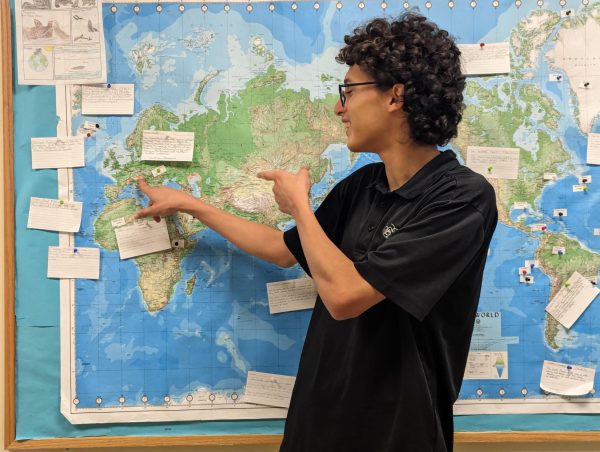
Grini uses Sporcle as his main source of puzzling due to its never-ending nature of topics and puzzle types. Grini mentioned “I tend to favor, like, geographies, any type of science. Geography specifically because there’s a lot of different names of things that can be memorized. And so, like, I’m always interested in countries and flags and that type of stuff I like. And those quizzes teach me new things about them because there are certain, like, landmarks I don’t know. And then after I finish the quiz and I realize I don’t know what they are, I can research them and find out more about them. And so it’s just a great way to, like, gain more knowledge.”
With topics Grini is less familiar with, working on puzzles with others helps him to gain better understanding of the subject and gain new insights from others who may be more knowledgeable in a particular area.
Grini said, “In terms of, like, the general media stuff, it is my weak point. So I generally, like, if I’m on my own, I will not, I probably won’t do anything related to, like, media or television or TV shows. I don’t watch them that much, and I’m not that good at them. So when I’m with my friends, obviously, we bounce off each other. It’s just kind of a fun thing to do either way, even if I’m, like, not good at it.”
Is all this puzzling actually making a difference in productivity? Grini mentioned that on days that he doesn’t do puzzles he notices a negative shift in his performance at school. He said “It’s actually become such a thing where, even on days when I don’t have school, sometimes I play these games to just, like, get me into that mindset. it works really well because it’s kind of, like, a low risk, high reward type of thing where if me not being up to my best mentally is not going to hurt me, I’m just going to lose the game or not do as well. But if I had started with, like, my actual work and I did poorly, it would actually affect me, like, in terms of my grades. When I don’t do it, I feel like my work is a little bit lackluster or a little bit, like, worse because my mind is not as clear. I’ve just woken up. I’m tired.” Grini also remarked “I don’t drink coffee, so this is my coffee.”
Makivitch added that these kind of games could bring benefits to the classroom. He said “I find that people learn a lot better when they’re treating it as a game and when they’re having fun with it rather than like it’s this toy that they have to pick up and they have to learn. So I think it could be really good as a review piece and to help fill in gaps and to teach kids more basic broad information.”He noted he finds this to be true for himself in his experience.
“I build up information and knowledge the fastest when I treat it like a game and when it’s something fun and when it’s something I would say like simple like a game. And so with these tools, they do make learning much more simple and intriguing and entertaining for me, which does help me pick up a lot.”


